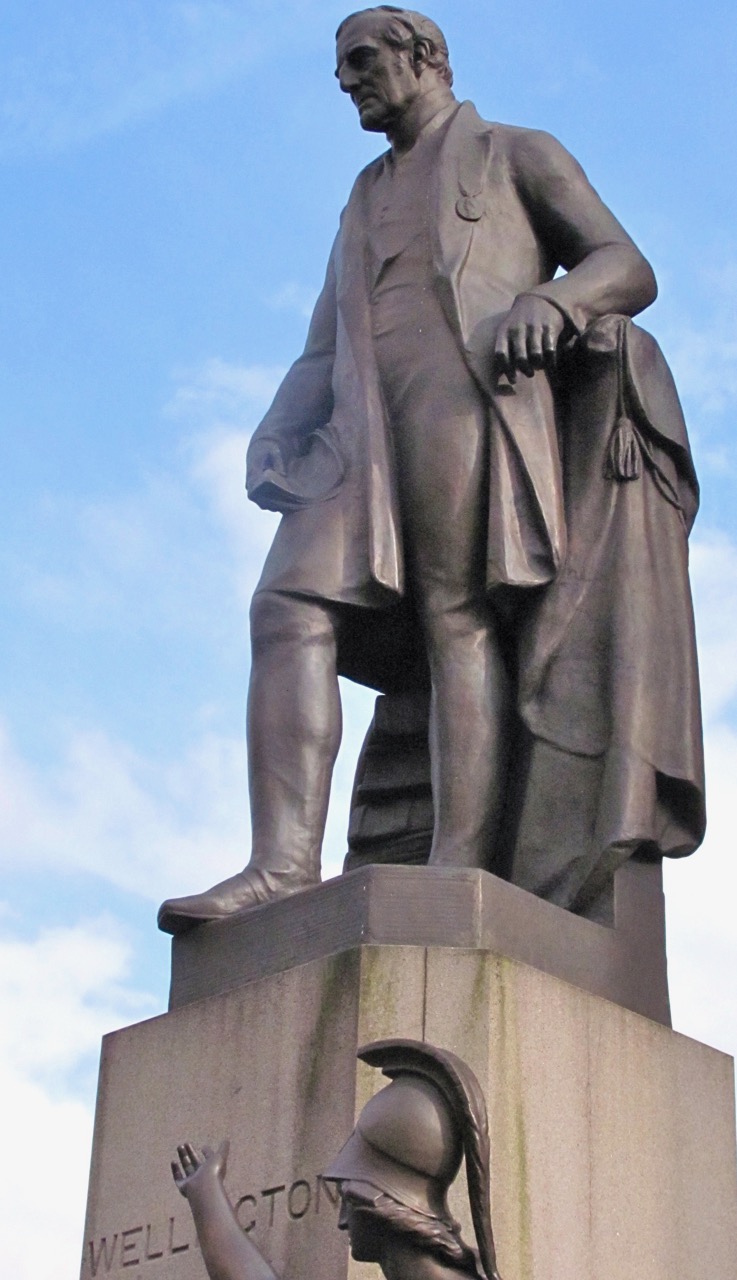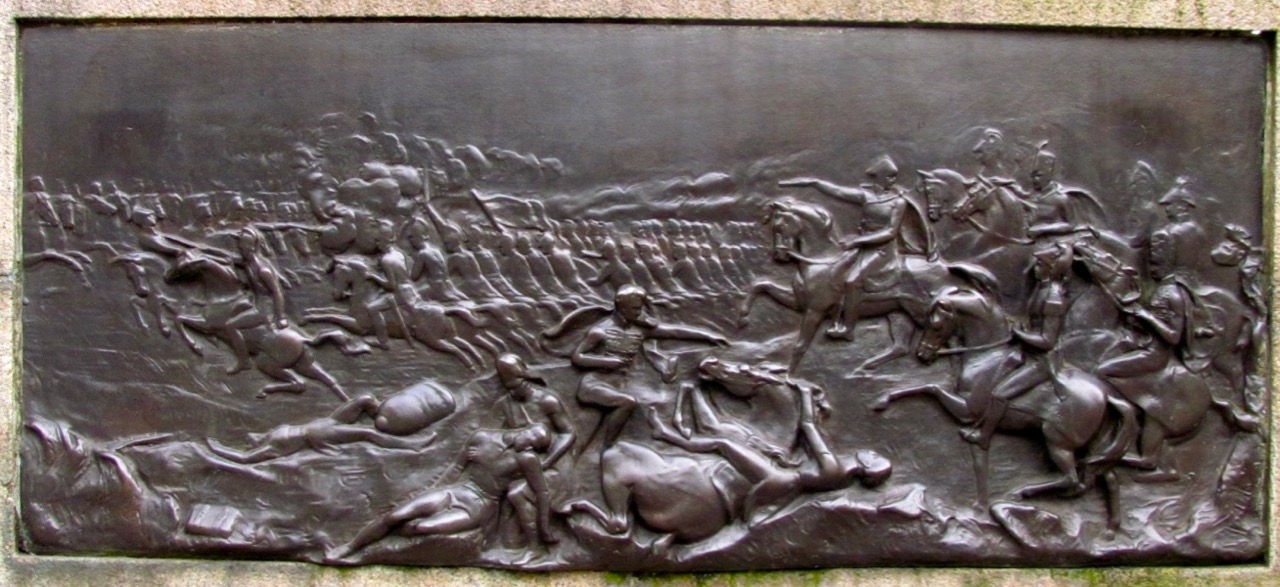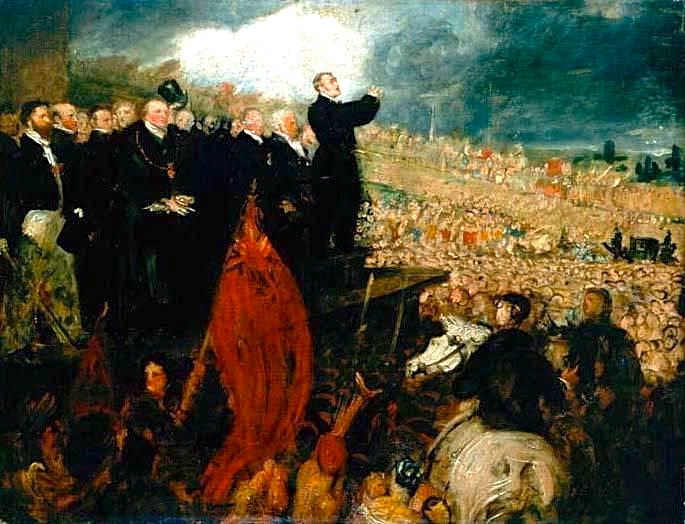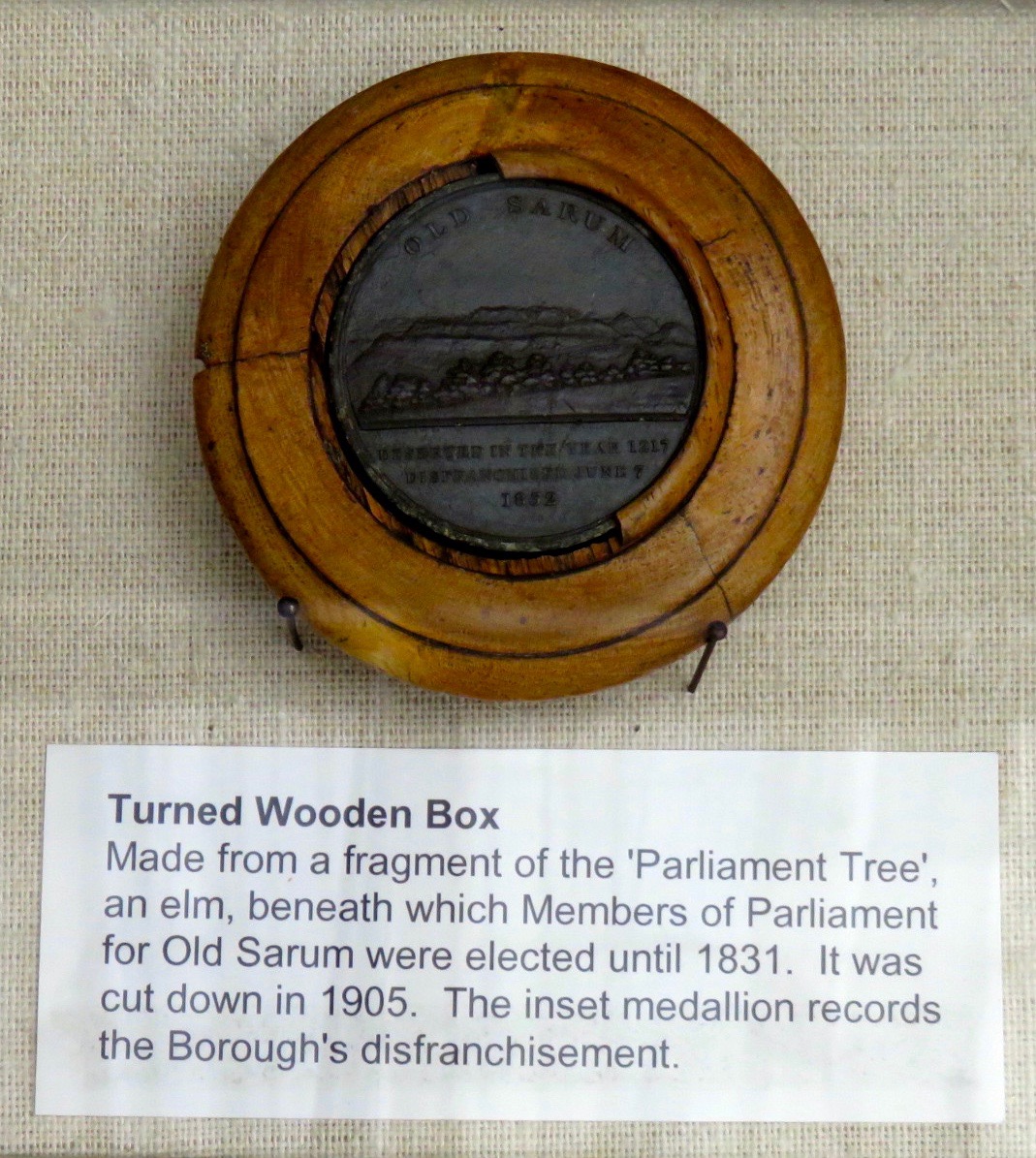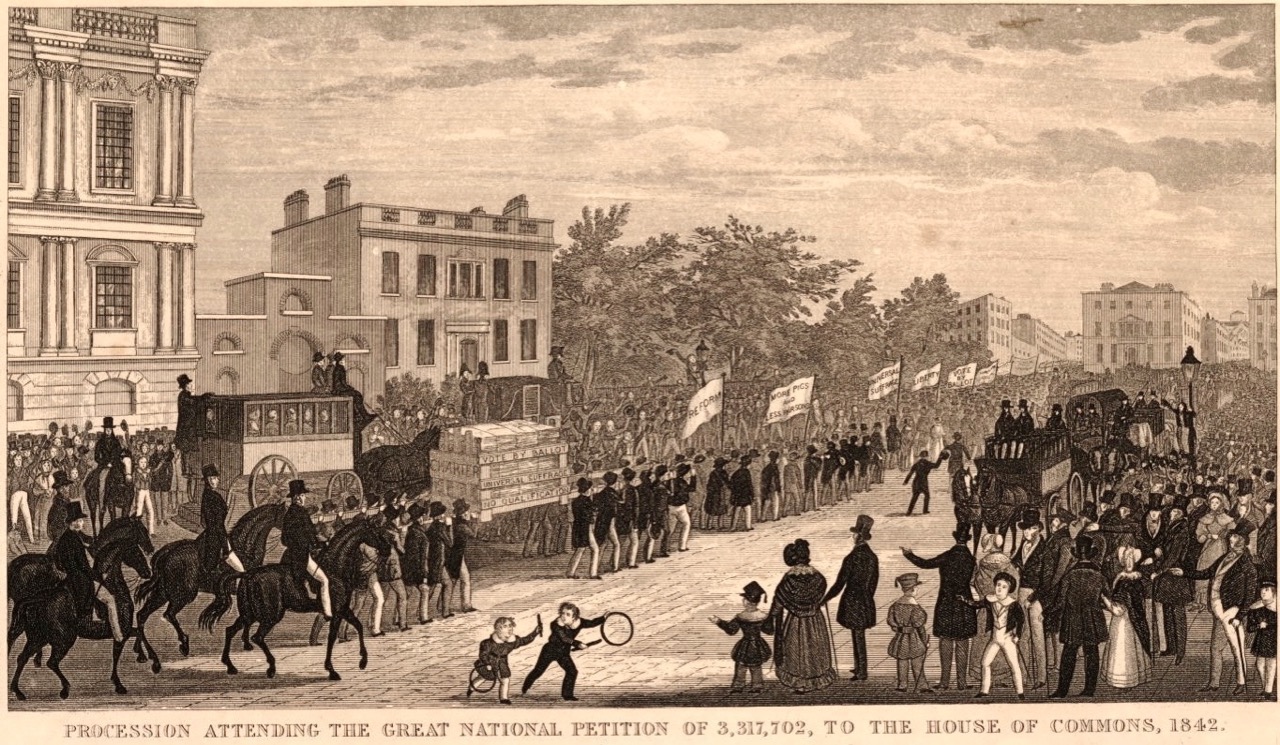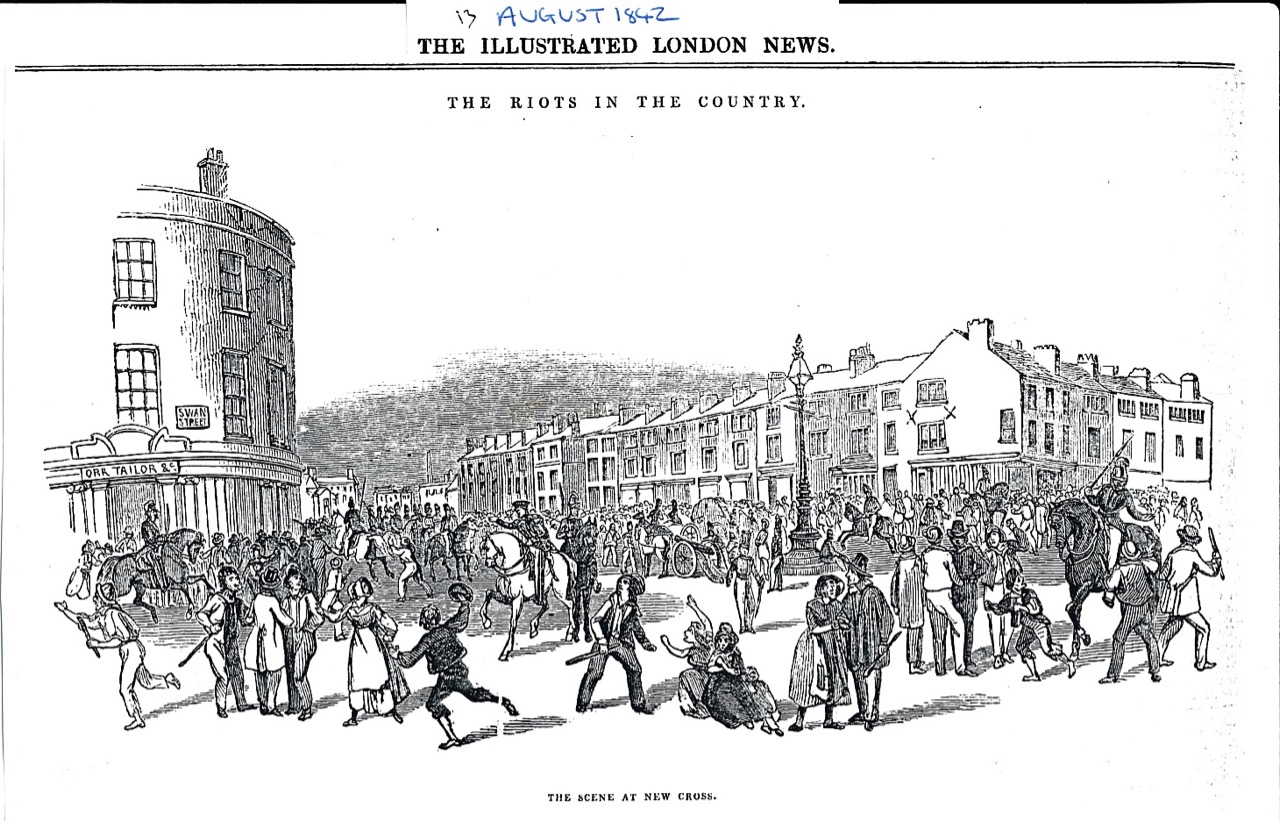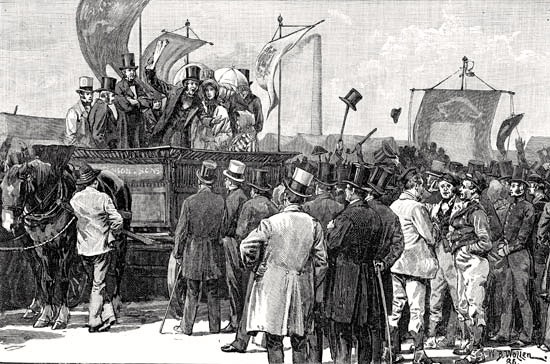Autocrat James II ousted by William & Mary. Parliamentary monarchy established.
England and Scotland become one country of ‘Great Britain’.
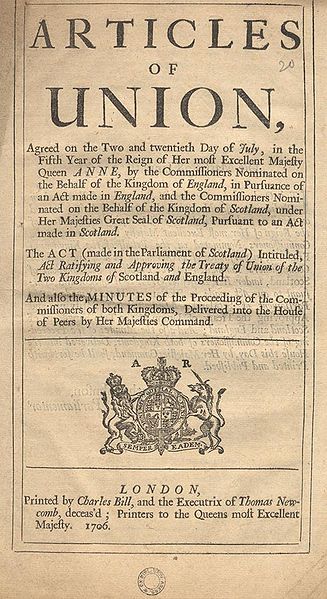
Georgian (or Hanoverian) period begins, ending in 1830s.
American colonies declare independence; Britain defeated.
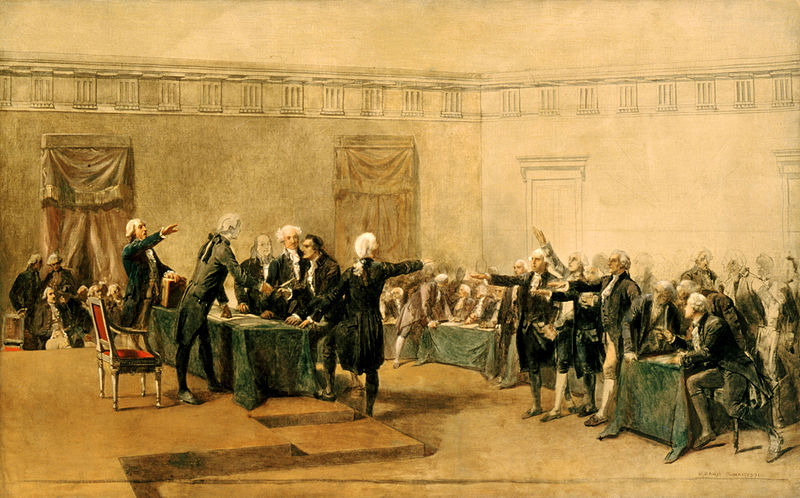
Storming of the Bastille & new National Assembly widely welcomed in Britain.
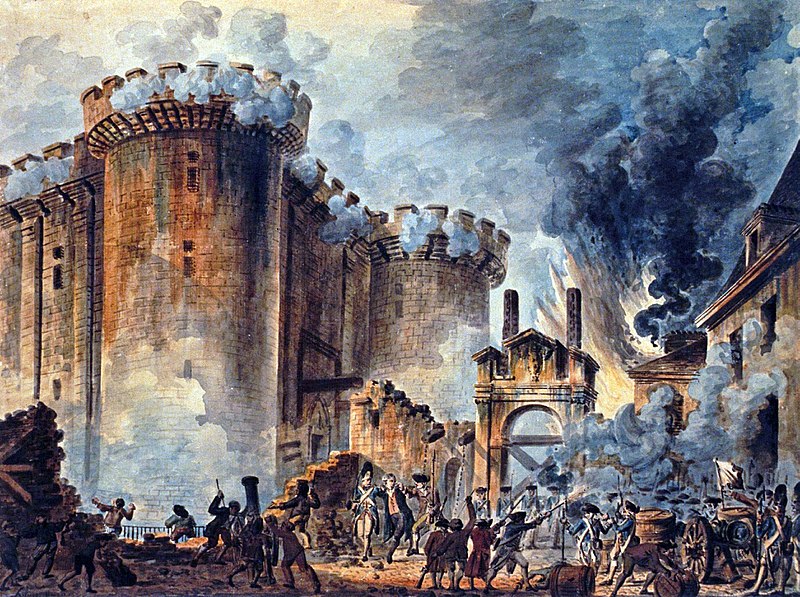
Thousands killed and guillotined, including King and Queen; civil wars.
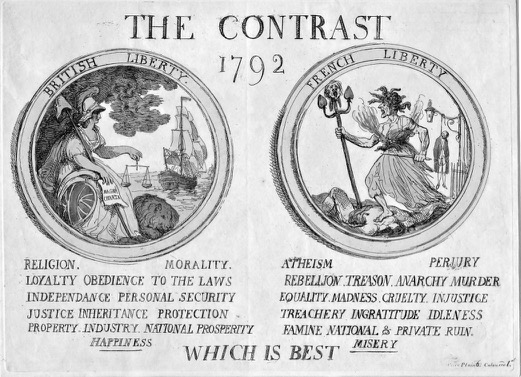
France at war with Britain & allies for most of the time until 1815.
Radical societies spread but suppressed by emergency legislation.
Trade Unions banned (until 1824).
Following the 1798 Irish rebellion, Ireland and Great Britain become one country, the United Kingdom.
Invasion threat from Emperor Napoleon, ending with Admiral Nelson’s victory at Trafalgar (1805)
Britain abolishes the slave trade, principally between Africa and British colonies in the Caribbean.
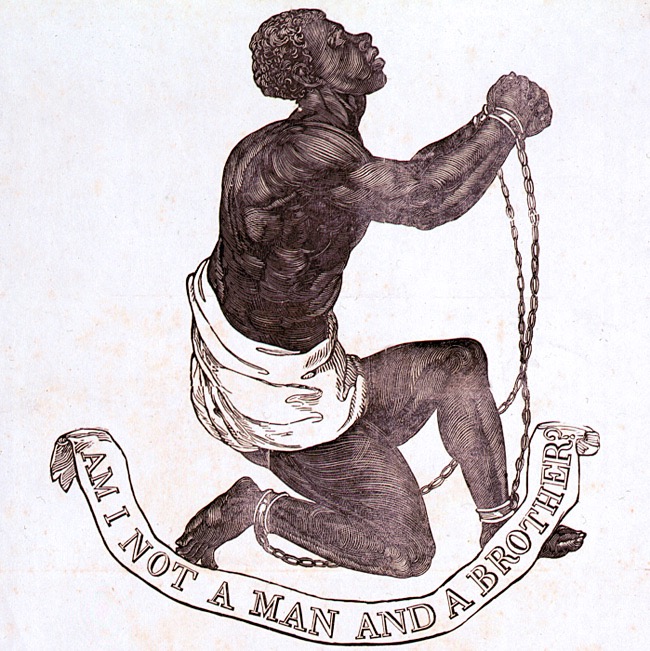
In Britain, food riots, collapse of trade, Luddite rebellion. Napoleon invades Russia but forced to retreat.
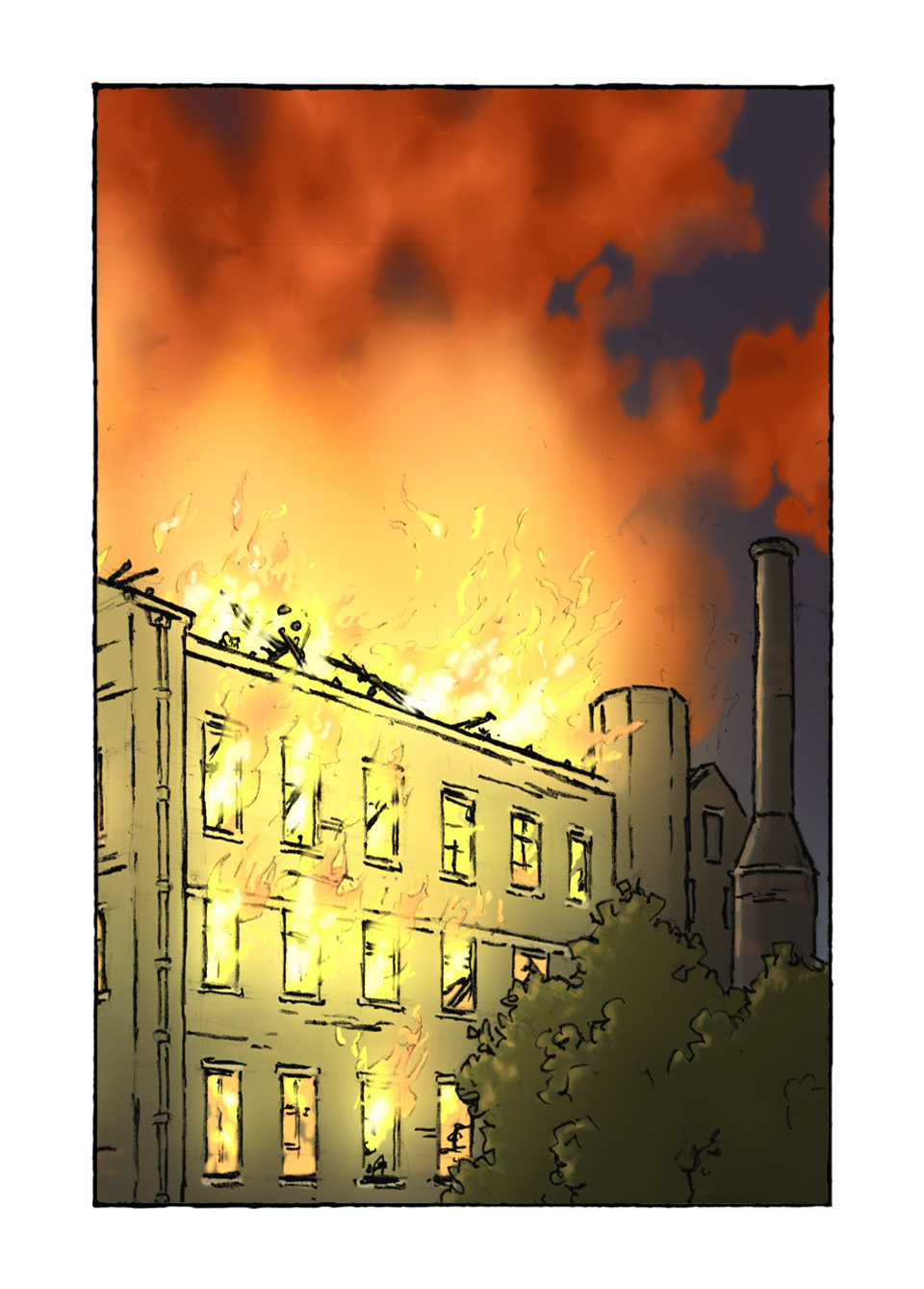
Mass movement for democratic reform of parliament, reaching a climax at Manchester on 16 August 1819.

Most legislation limiting the civil rights of Roman Catholics and protestant dissenters repealed. End of the Anglican monopoly on political power.
Preston is the only constituency where all adult males can vote.
Breakthrough reform of Parliament, redistributing seats geographically. Manchester, Salford and many large towns get MPs for the first time, ‘rotten boroughs’. Standard voting qualifications introduced, giving middle-class property owners the vote. Number of voters up by 50% to 650,000.
Reforming Whig government elected. Henry Hunt loses his seat in Preston, where the electorate has been reduced.
Prime minister Robert Peel ends the Corn Laws, a major demand of the Peterloo meeting, but falls from power in the process.
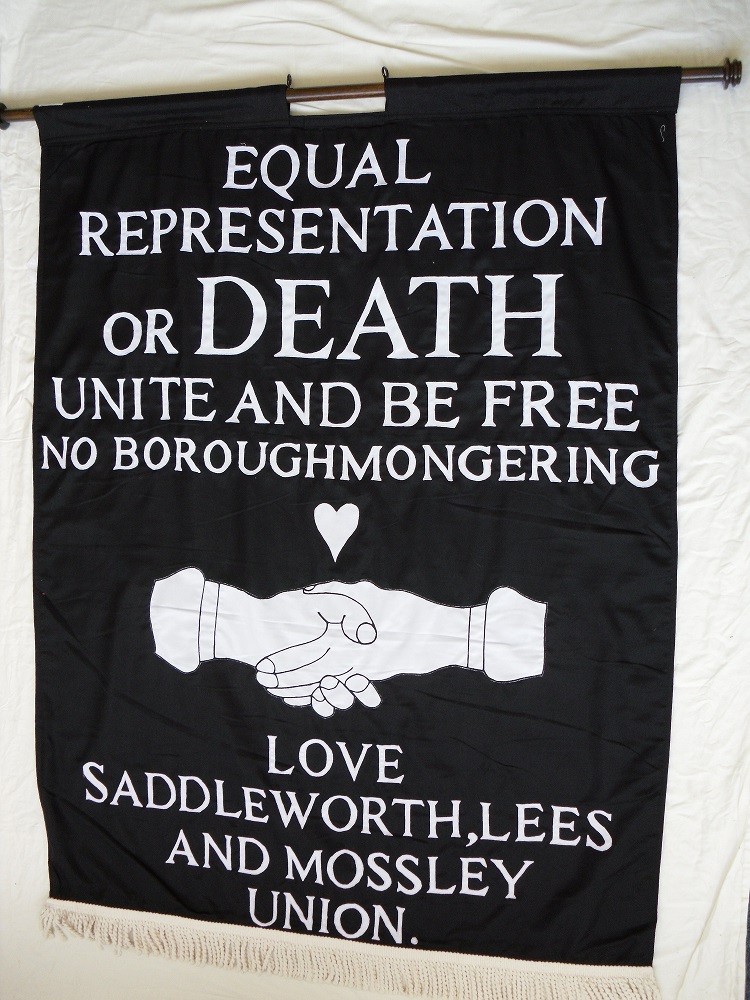
Adult male heads of wealthier households get the vote. Electorate up to 2.3 million men.
The second of the demands of the reformers of 1819 to be granted.
All adult male householders get the vote. Electorate up now 60% of adult males.
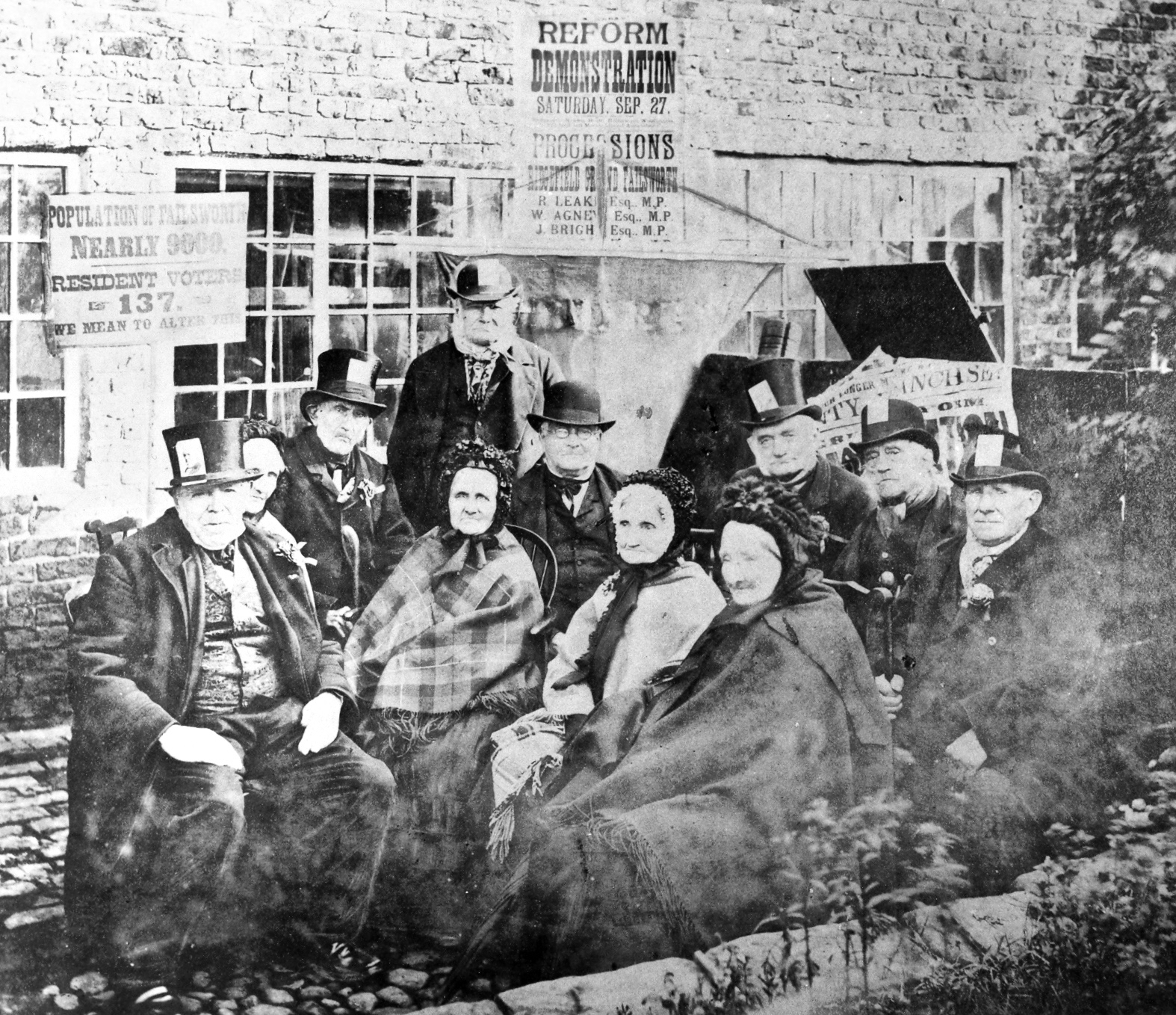
Nearly all adult males get the vote, together with women over the age of 30 who met a property qualification.
All adult women get the vote on the same basis as men.
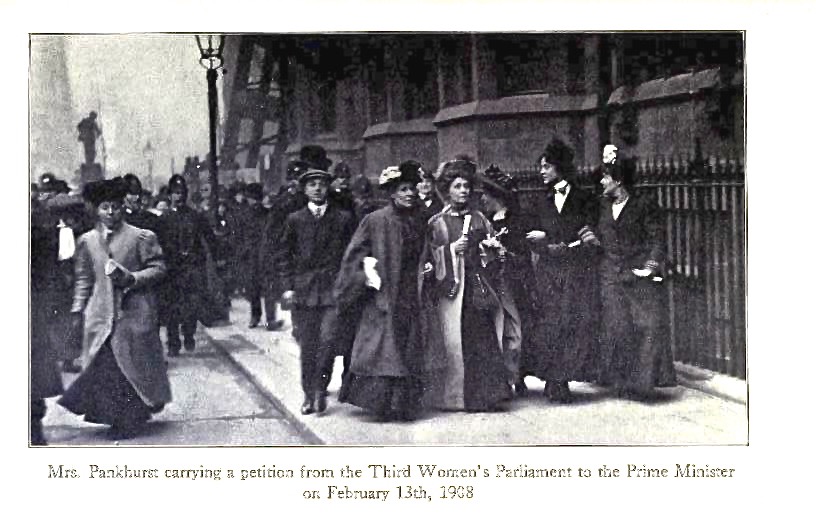
Previously people could only vote at age 21. The age of majority also reduced to 18.
